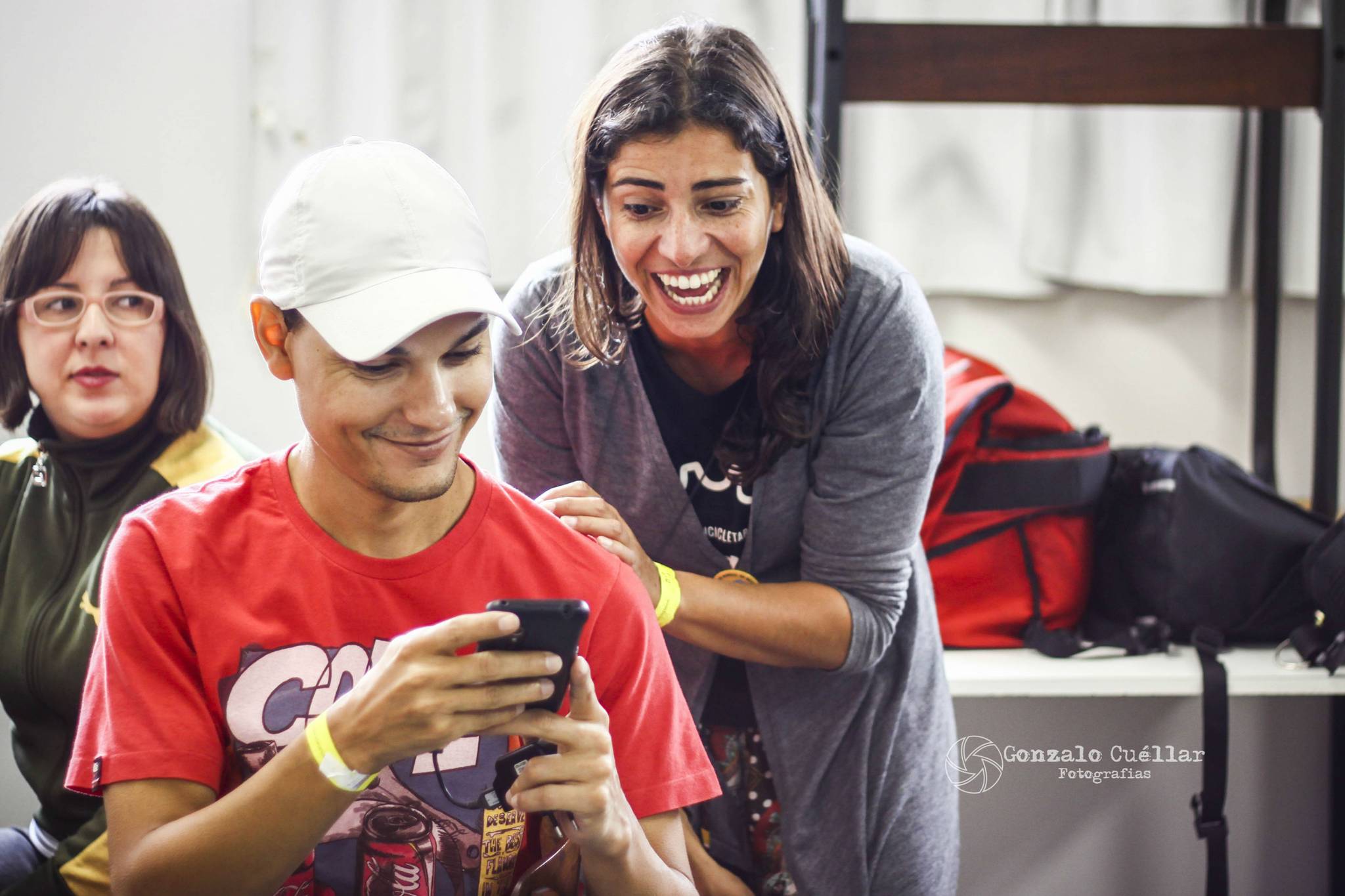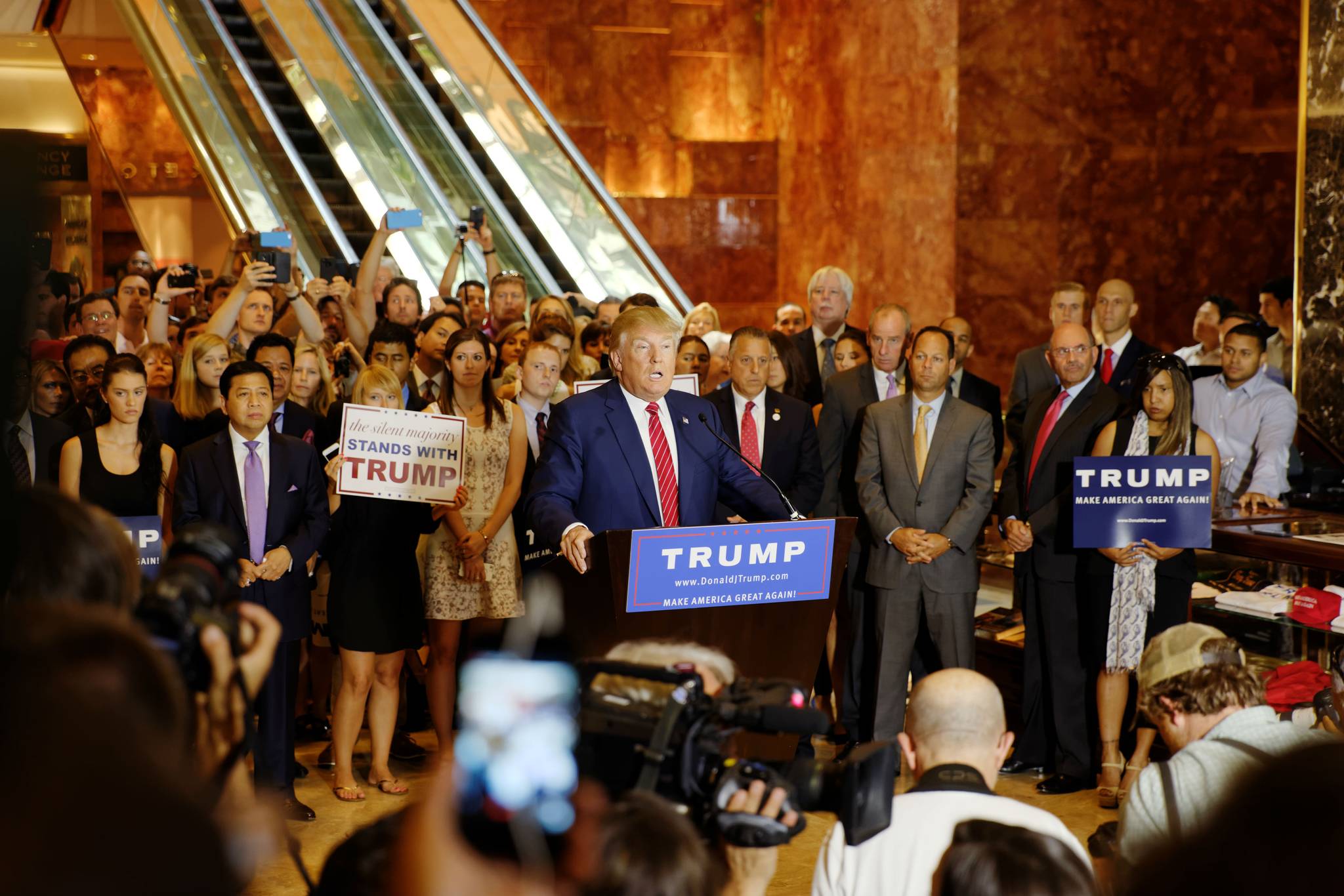
As 'fake news’ has become an all-too familiar refrain and misinformation spreads like wildfire online, news broadcasters are feeling the need to highlight their credibility. We discover the insights behind a new ad for CNN by Figliulo & Partners, which aims to regain trust by emphasising CNN’s commitment to honest reporting and cold, hard facts.
CNN’s ad takes direct aim at President Trump’s claim that the network is publishing ‘fake news’, combating the distrust that 82% of people feel about mainstream media. The spot shows an image of an apple as a voiceover says: "Some people might try to tell you that it's a banana. You might even start to believe that this is a banana. But it's not. This is an apple." As 46% of Americans believe that major news outlets fabricate stories about Trump, CNN is hoping to reassert its credibility. "The line between opinion and fact is becoming increasingly blurred. So much so that we almost have to relearn what a fact is if we're going to have real debate.” says Scott Vitrone, Chief Creative Officer at Figliulo & Partners. “That's why we used the simple imagery of an apple – it's like the first day of school."
The ad was not uncontroversial – it was criticised by people claiming that CNN is not entirely fact-focused as the ad suggests, and that it often gives a platform to fake fact-givers. In retaliation, CNN CEO Jeff Zucker came to the spot’s defense by asserting that the campaign intended "to take a clear stand for who we are and what we believe in." Meanwhile, the campaign quickly rose to the forefront of pop culture, having already inspired the term ‘banana truthers’ to describe people who knowingly and persistently adjust the facts to fit their own agenda, and parodied by the likes of Stephen Colbert and Buzzfeed.
As 62% of Americans say they use social media to keep up to date with the news, and 23% admit to having shared fake news themselves, misinformation is a growing problem. Understanding that fake news underpins the media landscape at large, some platforms are attempting to address it head on. Facebook, for instance, is letting users flag fake news and has started the Facebook Journalism Project to help prevent it spreading, while Userfeeds is using blockchain technology to promote content based on an outlet’s reputation ranking. CNN’s ‘apple banana’ ad simply demonstrates its commitment to the truth, in a climate where people are increasingly seeking honesty and transparency to regain a sense of control.
Oriyan Prizant is a researcher at Canvas8, which specialises in behavioural insights and consumer research. He has a BA in law, which focused on people's perceptions of contract breaches, and cultivates an unhealthy interest in Korean pop music.



